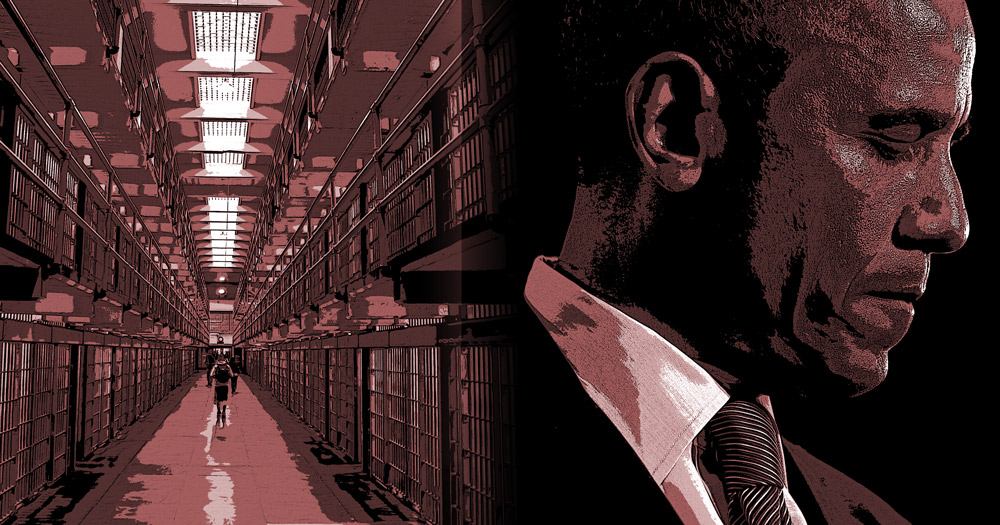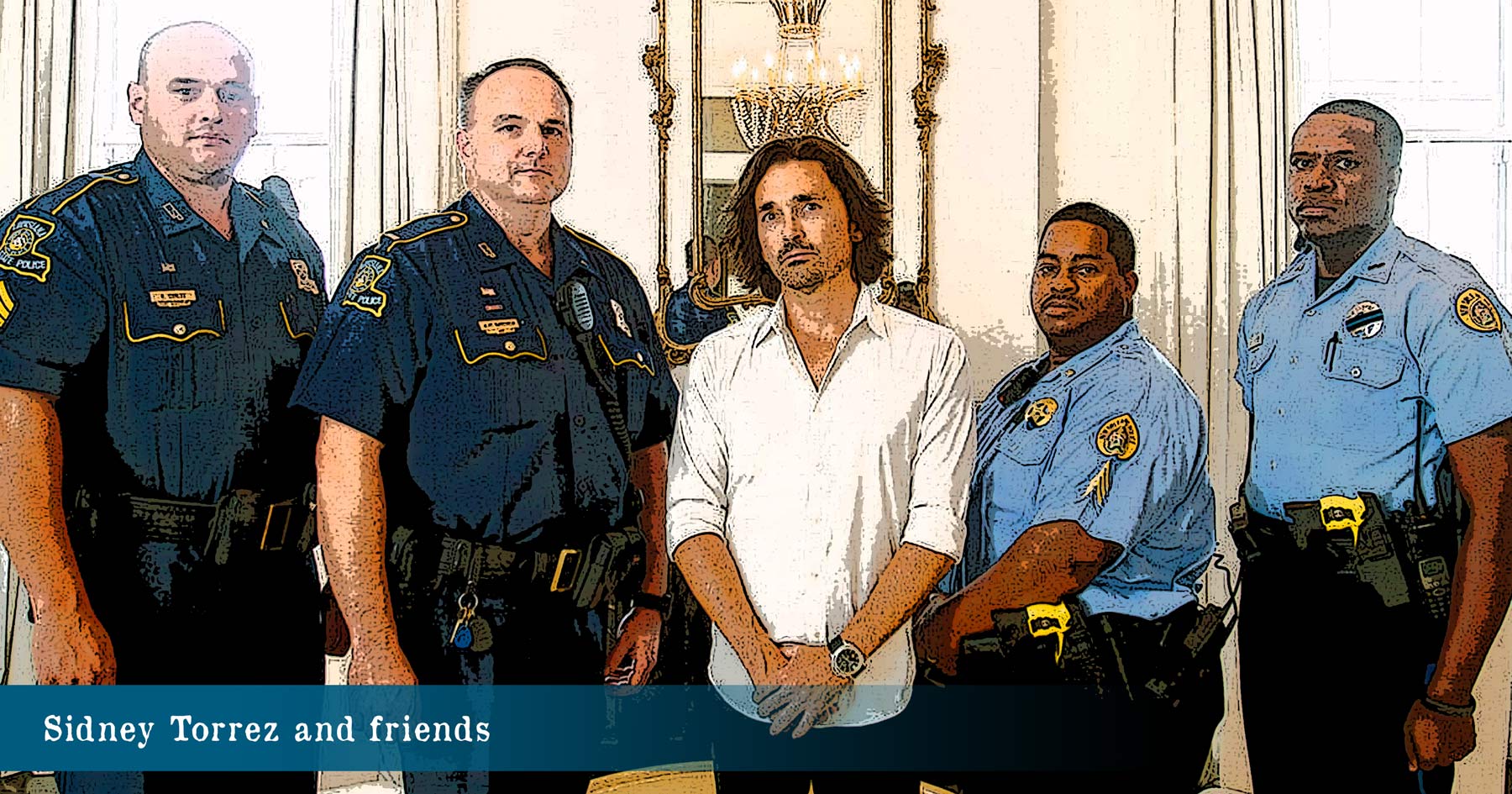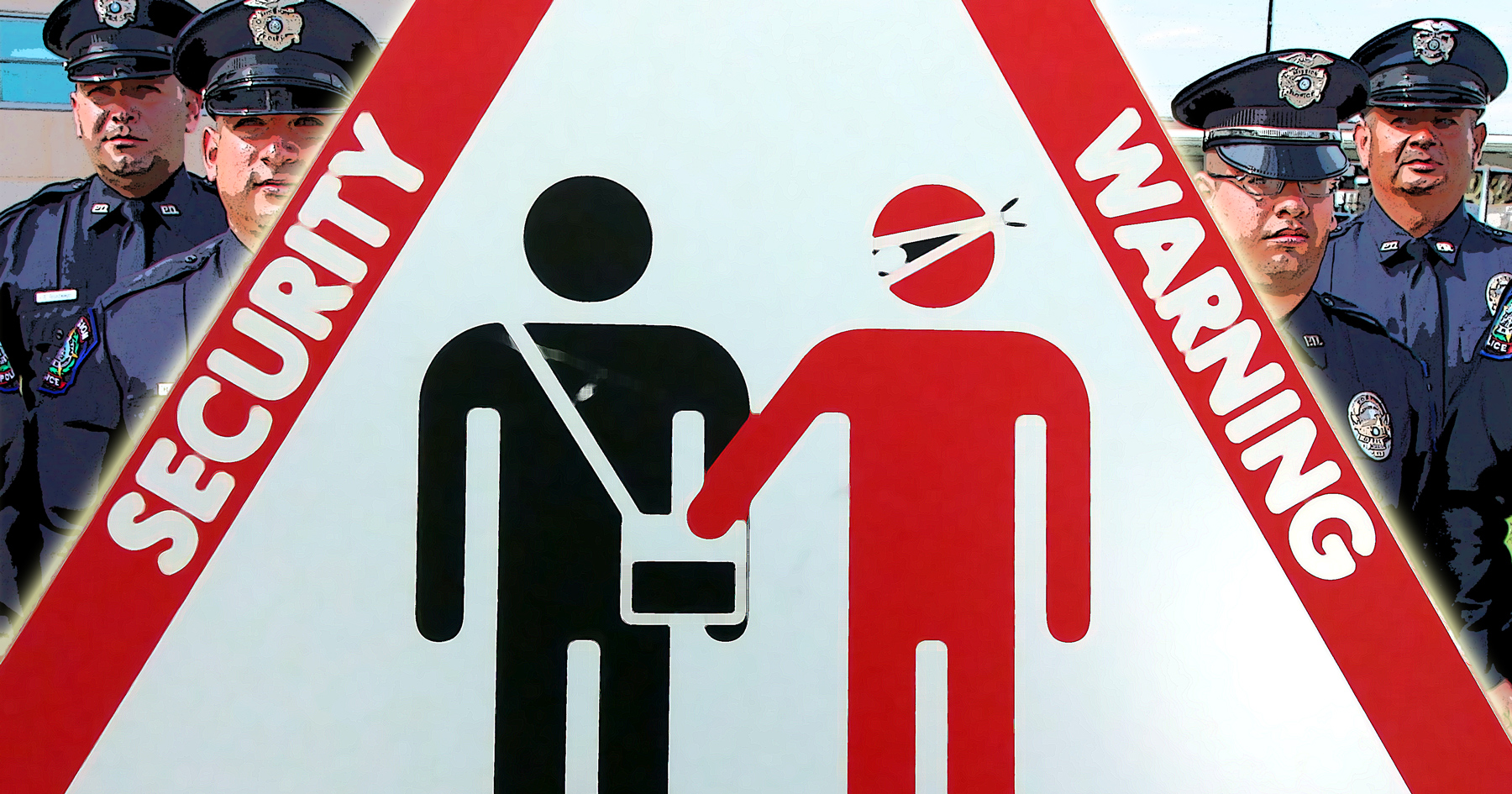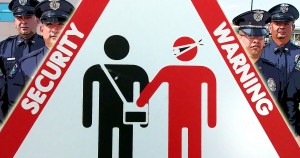Usually, when contemplating the Office of the President of the United States, our cause for complaint is excess of power. Our country was founded on opposition to such centralized power — initially directed against King George III — and the Constitution written, in part, to allow a strong federal government without feeding the beast of Tyranny.
Yet, today, I’m not bemoaning unchecked presidential power. Instead, the opposite: an important presidential power that Mr. Obama lets lie unused.
What is that power?
The executive’s power to pardon, defined in Article II, Section 2 of the U.S. Constitution.
Yesterday, George Lardner Jr., a scholar with the Investigative Reporting Workshop at American University, and Political Science Professor P. S. Ruckman Jr., the editor of the Pardon Power Blog, reported in an op-ed for The Washington Post, that “Obama has a clemency record comparable to the least merciful presidents in history. He has granted just 70 pardons, the lowest mark for any full-term president since John Adams, and 187 commutations of sentence.”
“Obama’s record is all the more deplorable because of assurances that he has made,” argue Lardner and Ruckman, noting that the Department of Justice’s Clemency Project 2014 — designed to provide relief to non-violent drug offenders and announced “to great fanfare” — has “become a bureaucratic disaster.”
With all the injustice found even in the best justice systems, I cannot understand how a compassionate person could ignore this power. Or use it, as President Bill Clinton did, to provide last-minute pardons for cronies and high-rolling campaign contributors.
Have mercy.
This is Common Sense. I’m Paul Jacob.
Common Sense Needs Your Help!
Also, please consider showing your appreciation by dropping something in our tip jar (this link will take you to the Citizens in Charge donation page… and your contribution will go to the support of the Common Sense website). Maintaining this site takes time and money. Your help in spreading the message of common sense and liberty is very much appreciated!











